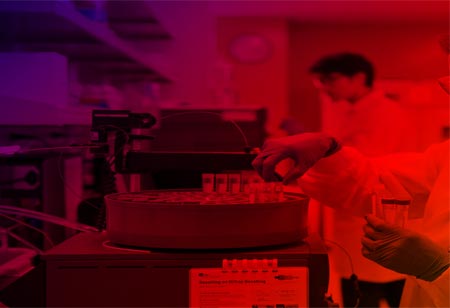Thank you for Subscribing to Healthcare Business Review Weekly Brief
Be first to read the latest tech news, Industry Leader's Insights, and CIO interviews of medium and large enterprises exclusively from Healthcare Business Review
Thank you for Subscribing to Healthcare Business Review Weekly Brief

By
Healthcare Business Review | Tuesday, January 17, 2023
Stay ahead of the industry with exclusive feature stories on the top companies, expert insights and the latest news delivered straight to your inbox. Subscribe today.
With digitisation taking over the medical imaging space, the arena is critically transforming via feasible tools of productivity in the market, for an efficient radiology practice.
FREMONT, CA: An induced adoption of medical imaging technologies in the radiology sector is all set to transform the pace and standard of healthcare delivery. Furthermore, an exacerbated scenario of radiology shortages, high rates of burnout, and limited access to clinical care are likely to have followed the post-pandemic sequence, accelerating the need for fast, cost-effective, and efficient medical imaging technologies.
Tending towards AI-induced solutions in radiology and medical imaging has become a feasible approach as it accelerates the medical image performance rate in addition to increasing time and cost efficiency. This, in turn, favours high-quality care for patients. Leveraging AI in radiology simplifies manual tasking via machine learning algorithms while elevating the process’ accuracy and competence accordingly.
Similarly, an AI-driven approach in medical imaging enables the identification of anomalies at scale with proven accuracy. That is, deviations in medical images, such as early and acute detection of abnormal x-rays, are monitored and enlisted using deep learning algorithms. Moreover, effective deployment of artificial intelligence in radiology facilitates efficient identification of changes, be they major or subtle, from time to time, restoring efficacy.
For instance, performing a longitudinal analysis on lesions and thereby creating standardised reports in the sector substantially underlines the changes that ought to be carried out in the medical imaging space.



